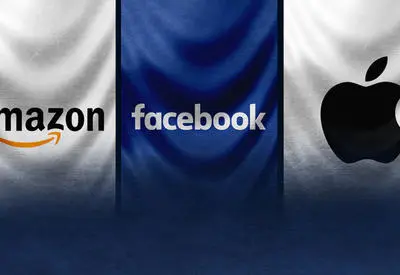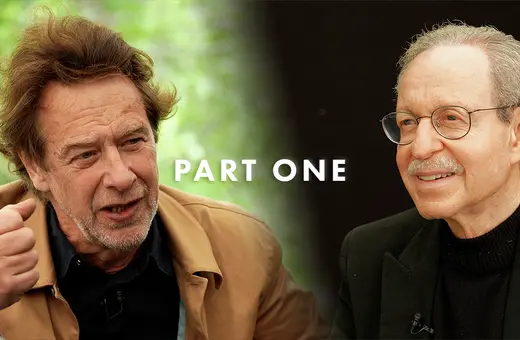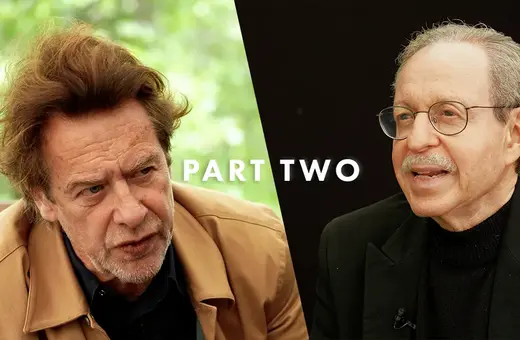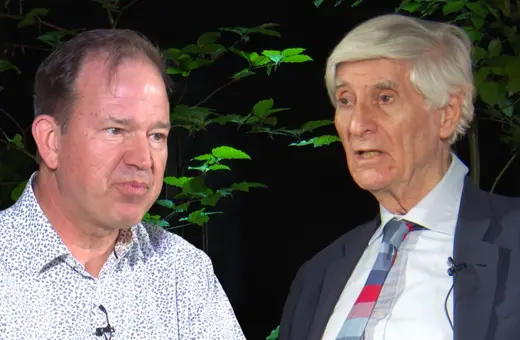It is vital to preserve the right for individuals to have control over their online experiences. A way to ensure that peoples choices and preferences are respected by technology platforms is advocating end-to-end principles. This would represent a return to the original spirit of the internet, where users have more control over what they see and receive, rather than being subject to manipulation or prioritization by platforms for their own gain, writes Cory Doctorow.
"Advertising funded search engines will be inherently biased towards the advertisers and away from the needs of consumers."
The internet succeeded where other networks failed. Where there were once many nets – cable, phone, leased-line – now there is just The Net, which runs over many of the same substrates, but which has subsumed them all. The secret of the internet’s success was to reduce, reduce, reduce. If we can’t agree on the right way to do x, perhaps we can agree on the right way to do y, upon which we might someday build x? Take a smaller step, agree on a foundation, keep decomposing a seemingly monolithic technological project into ever-smaller pieces until we find one that we can all agree on. Build that, then do it again, finding another step that everyone can get behind.
 SUGGESTED READING
How to fight the tech aristocracy
By Vili Lehdonvirta
SUGGESTED READING
How to fight the tech aristocracy
By Vili Lehdonvirta
The only way to eat an elephant is one bite at a time.
It worked. Sometimes, we even figured out that we didn’t need to build the whole thing – sometimes a ‘‘partial’’ solution was sufficient. As one of Brian Eno’s Oblique Strategies has it: ‘‘Be the first person to not do something that no one else has ever thought of not doing before.’’ That’s what happened with email. For a long time, the Email Problem was how to validate senders, so that if you got an email from someone purporting to be me, you could be sure that it wasn’t an impersonation.
Here’s something I think we should all agree upon: when a willing speaker wants to say something to a willing listener, our technology should be designed to make a best effort to deliver the speaker’s message to the person who asked to get it. I hope this is self-evidently true. When you dial a phone number, the phone company’s job is to connect you to that number, not to someone else. When you call Tony’s Pizza, you expect to be connected to Tony’s Pizza – not to Domino’s, not even if Domino’s is willing to pay for the privilege. When you use your TV remote to tune into CNN, you don’t want your cable operator to show you Fox instead – not even if Fox will pay them to do so. If you follow someone on social media, then the things that person says should show up in your timeline.
That is not a radical proposition, but it is also not the case today. Facebook, Twitter, TikTok, YouTube and other dominant social media platforms treat the list of people we follow as suggestions, not commands. When you identify a list of people you want to hear from, the platform uses that as training data for suggestions that only incidentally contain the messages that the people you subscribed to. There are various reasons for this, but they all boil down to the platform shifting value away from its users to its shareholders.
___
The opposite of network discrimination is net neutrality, Tim Wu’s useful coinage that is really just another name for the end-to-end principle
___





















Join the conversation